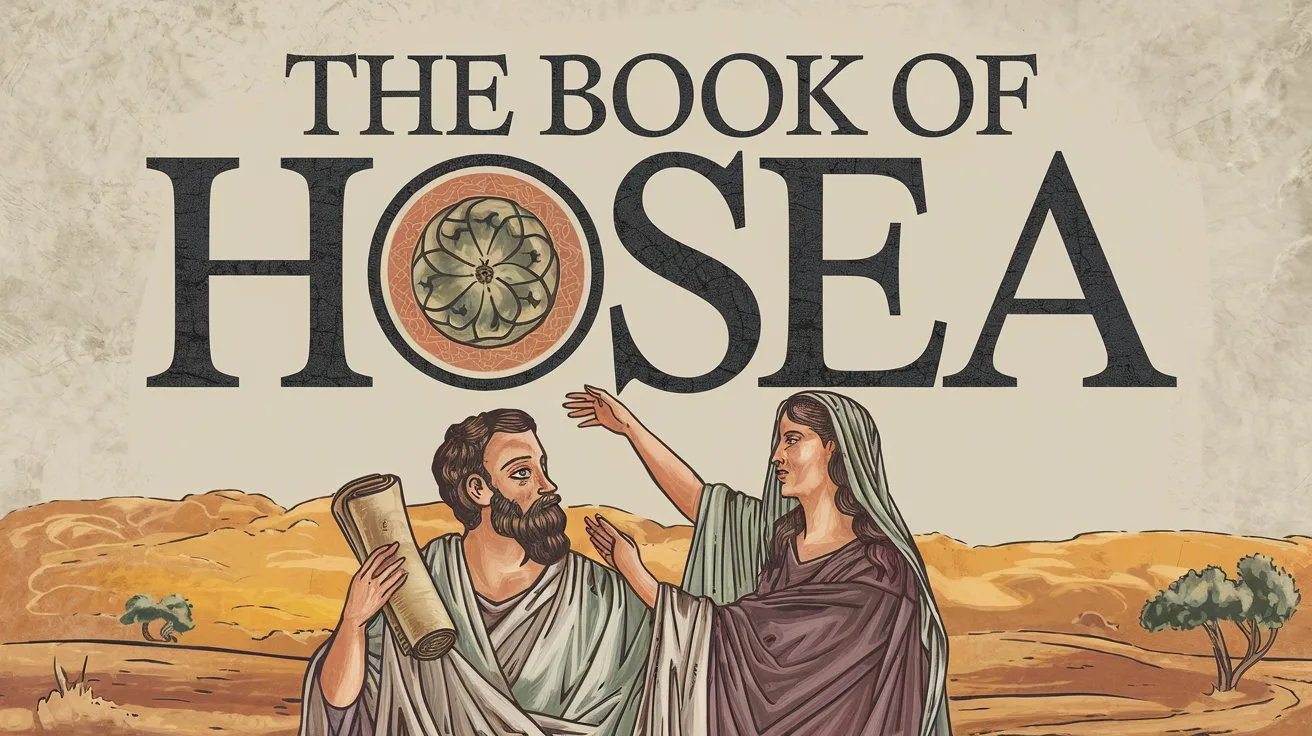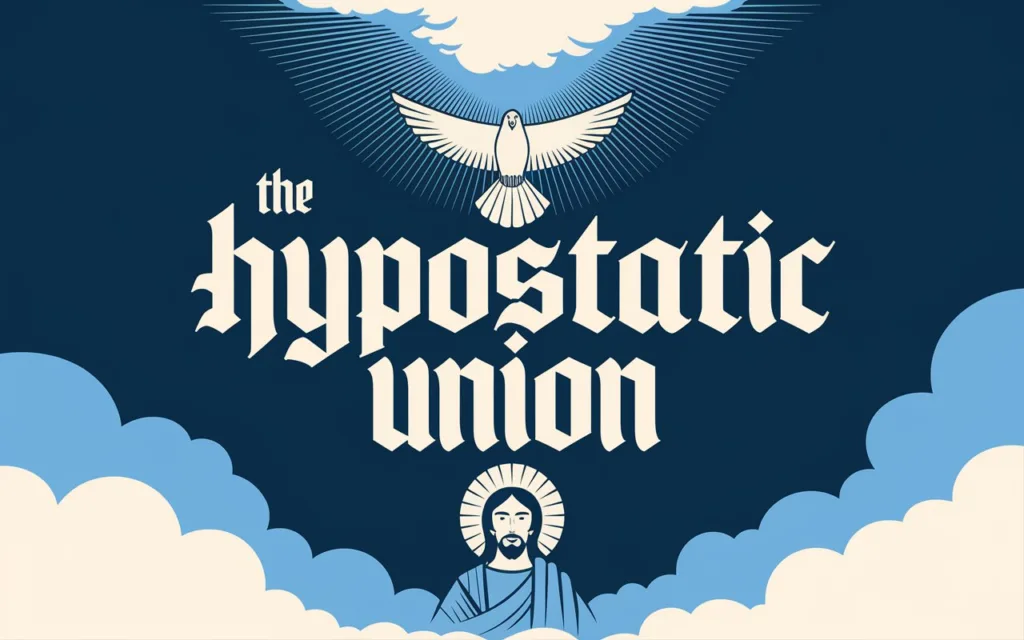The Book of Hosea opens with a startling command. In Hosea 1:2, the Lord says,
“Go, take yourself a wife of harlotry and children of harlotry, for the land has committed great harlotry by departing from the Lord.”
Hosea, a prophet in the northern kingdom of Israel during the reign of Jeroboam II, is instructed by God to live out a personal life that reflects the unfaithfulness of the nation of Israel. His marriage becomes a living parable: God’s faithfulness toward a people who have prostituted themselves with idols.
Marriage to Gomer and Their Children
Hosea marries Gomer, and their relationship is a shadow of God’s covenant with Israel. She is unfaithful, yet he is commanded to love her still. From this union come three children, each given a name that signifies God’s message to Israel:
Jezreel (Hosea 1:4): “For in a little while I will avenge the bloodshed of Jezreel.” A prophecy of judgment.
Lo-Ruhamah (Hosea 1:6): “No mercy,” for God would no longer have mercy on the house of Israel.
Lo-Ammi (Hosea 1:9): “Not My people,” for Israel had broken covenant.
Yet even in the naming of judgment, there is hope. In Hosea 1:10, God promises,
“In the place where it was said to them, ‘You are not My people,’ there it shall be said to them, ‘You are sons of the living God.’”
A Nation’s Unfaithfulness and God’s Steadfast Love
The second chapter paints a heartbreaking picture of spiritual adultery. Israel has gone after other lovers, attributing her blessings to Baal and forgetting the One who gave her everything. In Hosea 2:5, she says, “I will go after my lovers, who give me my bread and my water, my wool and my linen.” Yet God’s response is not immediate wrath; it is mercy and discipline: “Therefore, behold, I will hedge up your way with thorns” (Hosea 2:6).
But then, God’s tone shifts again in Hosea 2:14: “Therefore, behold, I will allure her, will bring her into the wilderness, and speak comfort to her.” God seeks reconciliation. He promises restoration, saying in Hosea 2:19-20, “I will betroth you to Me forever… in righteousness and justice, in lovingkindness and mercy.”
Redeeming the Unfaithful
In Hosea 3, Gomer has apparently left again, possibly returned to a life of prostitution or slavery. God commands Hosea,
“Go again, love a woman who is loved by a lover and is committing adultery” (Hosea 3:1).
Hosea buys her back for fifteen shekels of silver and barley, a redemptive price. This chapter is one of the most vivid pictures of God’s redeeming love. It mirrors the Gospel before the Gospel: a holy God who buys back what already belongs to Him, not because of worth but because of love.
The Charges Against Israel
Chapters 4 through 10 present God’s indictment against Israel.
“There is no truth or mercy or knowledge of God in the land” (Hosea 4:1).
Priests have failed. The people are destroyed for lack of knowledge (Hosea 4:6). Idolatry, harlotry, and deceit have consumed the land.
Israel is compared to a silly dove without sense (Hosea 7:11) and an unturned cake (Hosea 7:8): half-baked, inconsistent, and unstable. God pleads with His people, but they continue to seek alliances with Egypt and Assyria, trusting in men and idols rather than the LORD.
God’s Heart Revealed
Yet in Hosea 11, we see the tender heart of God.
“When Israel was a child, I loved him, and out of Egypt I called My son” (Hosea 11:1).
Though they turned from Him, the Lord says in Hosea 11:8,
“How can I give you up, Ephraim? … My heart churns within Me; My sympathy is stirred.”
God does not delight in judgment. He longs for His people to return to Him. Hosea 11:9 declares,
“For I am God, and not man, the Holy One in your midst; and I will not come with terror.”
A Call to Repentance
As the book draws to a close, God continues to call Israel to repentance. Hosea 14:1-2 says,
“O Israel, return to the Lord your God, for you have stumbled because of your iniquity… Take words with you, and return to the Lord.”
God promises healing and restoration:
“I will heal their backsliding, I will love them freely, for My anger has turned away from him” (Hosea 14:4).
The chapter closes with a wise call to heed the Lord’s ways:
“For the ways of the Lord are right; the righteous walk in them, but transgressors stumble in them” (Hosea 14:9).
My Final Thoughts
The Book of Hosea is not just a tale of a prophet and a prostitute; it is a divine love story. Hosea’s faithful pursuit of Gomer is God’s pursuit of you and me. Even in our waywardness, even in our rebellion, the Lord stands ready to redeem, restore, and love us freely.
We are Gomer: unfaithful and broken. He is Hosea: faithful and redeeming. Through Hosea’s life and prophetic voice, God calls us not just to return, but to understand the depth of His covenant love. He desires mercy and not sacrifice, and the knowledge of God more than burnt offerings (Hosea 6:6). The cross would later be the full picture of this love, a price paid in blood to buy back a wayward bride.
Let us return to the LORD.





 Get the book that teaches you how to evangelize and disarm doctrines from every single major cult group today.
Get the book that teaches you how to evangelize and disarm doctrines from every single major cult group today.